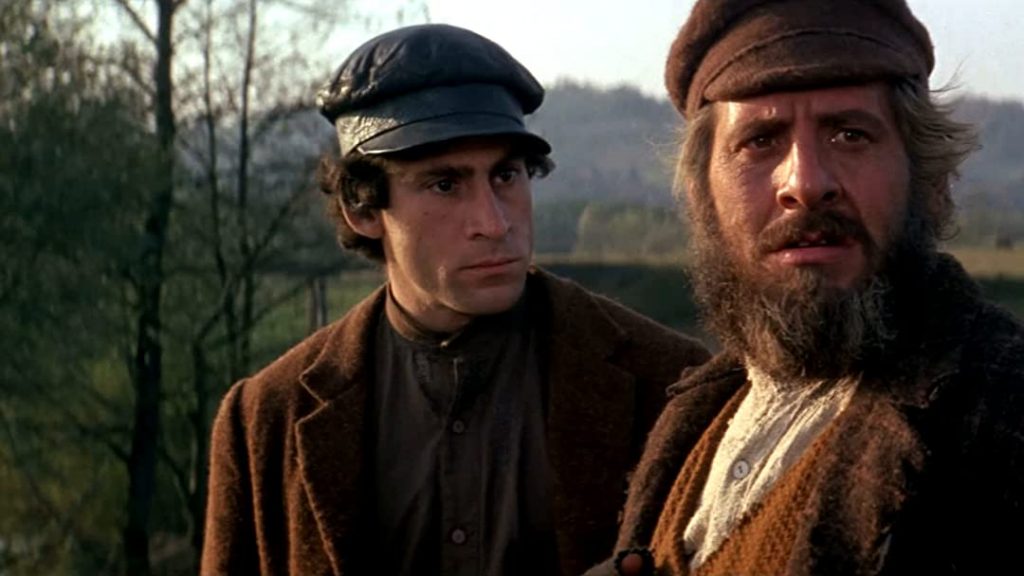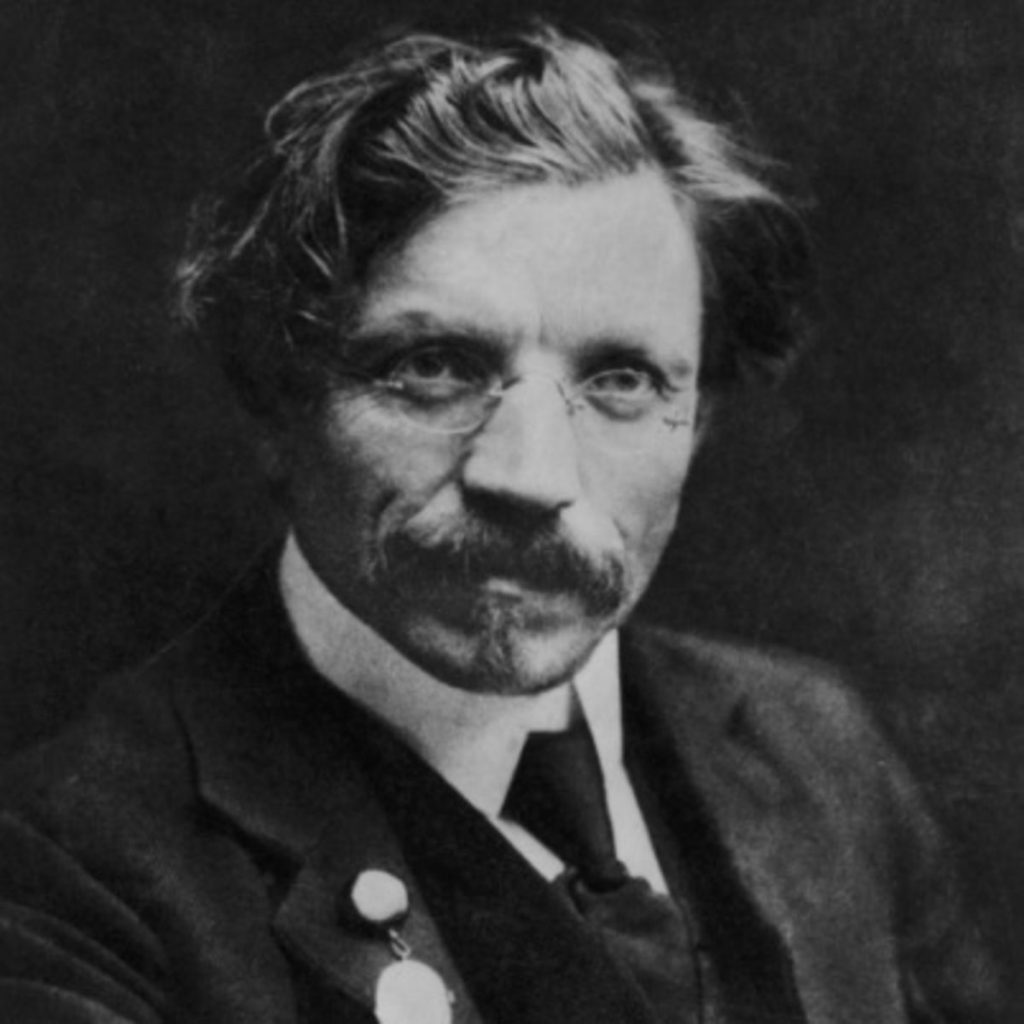
The terrifying war against Ukraine changes, of course, the function of these pages devoted to the Jewish cultural heritage of that country. Many of the places mentioned were razed to the ground by bombs. While these pages are not intended in the present time for tourism, they may be useful to researchers and students as historical references. References to so many painful histories during the pogroms and the Shoah, but also to the glorious history of Ukrainian Judaism in its cultural, religious, and Zionist dimensions. Wishing the Ukrainian people a speedy end to these atrocities of which they are victims.
The city of Pereyaslav, to which the name Khmelnitsky was added in honor of that Cossack leader, was also the birthplace of Sholem Aleichem.

To lovers of musical comedy, the city is better known as Anatevka, the name it bears in Fiddler on the Roof. Aleichem found inspiration for his novels’ many characters here: the one who seeks their fortune, the boy who joins the revolution and is sent to Siberia, the girl who betrays her faith by marrying a Ukrainian, the mother who remains in the shtetl with her children while the father plays the market in Odessa and Yehupets, etc. Today, Pereyaslav has retained a cartain charm, even if the city has lost its Jewish community. The former Jewish quarter was located right downtown.
Sholem Aleichem
His real name, Sholem Rabinovitz, founder of classic Yiddish literature, Sholem Aleichem was born in Pereyaslav in 1853 and died in New York in 1916. The world of the shtetl and the everyday people who lived there are immortalized in his writings. His most famous work, Tevie the Milkman, was magnificently set to music as Fiddler on the Roof, or Anatevka, by Jerry Bock and featured the song “If I was a Rich Man”. His other well-known works include the 1892 Menahem Mendel.

The Grand Synagogue of Pereyaslav , which dates to the nineteenth century, is located across the main square behind city hall in a large, rectangular building named the House of Culture today. No plaque indicates the building’s previous purpose. On Saturday and Sunday afternoons, locals pack the stifling main room to sing Ukrainian folk songs. To the side, a section of the building had been converted into a café-disco.
To find Sholem Aleichem’s birth house , take Lenin Street to the intersection and turn right; a commemorative plaque to the left marks the site.